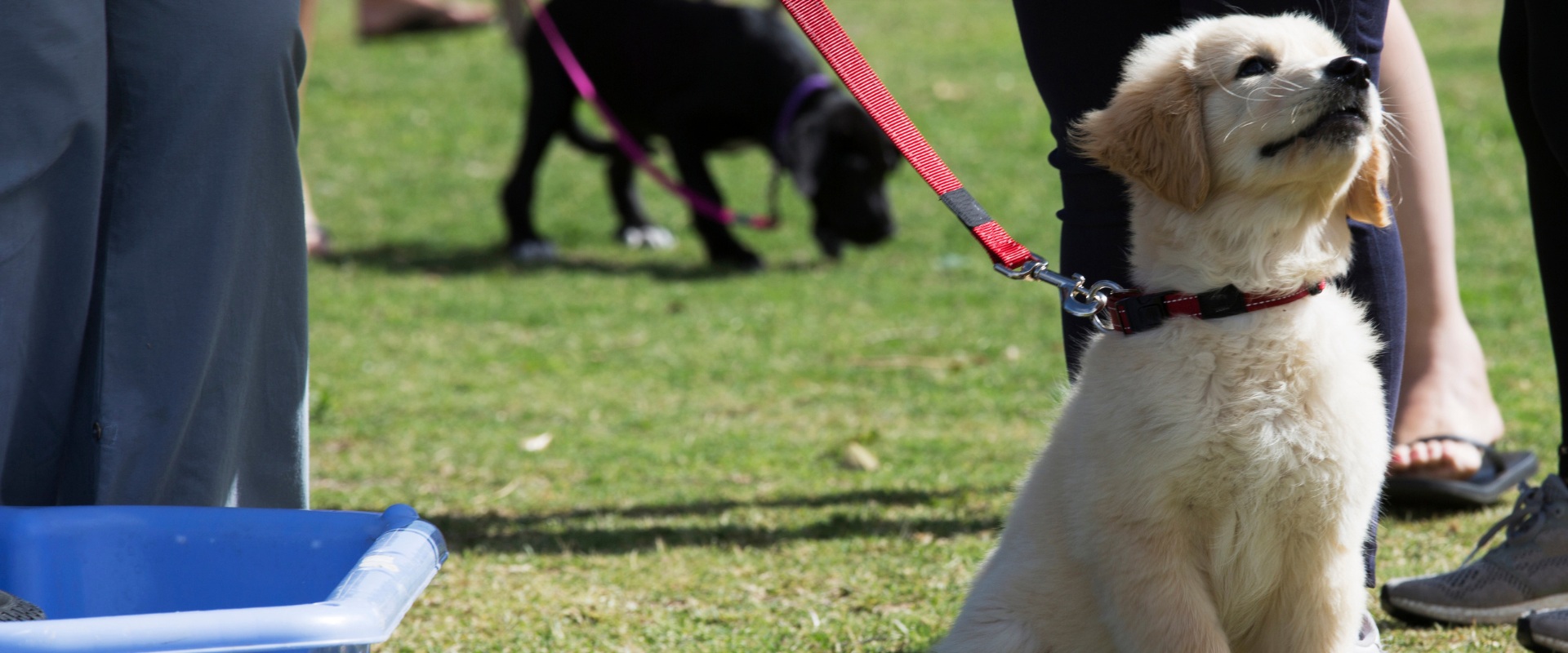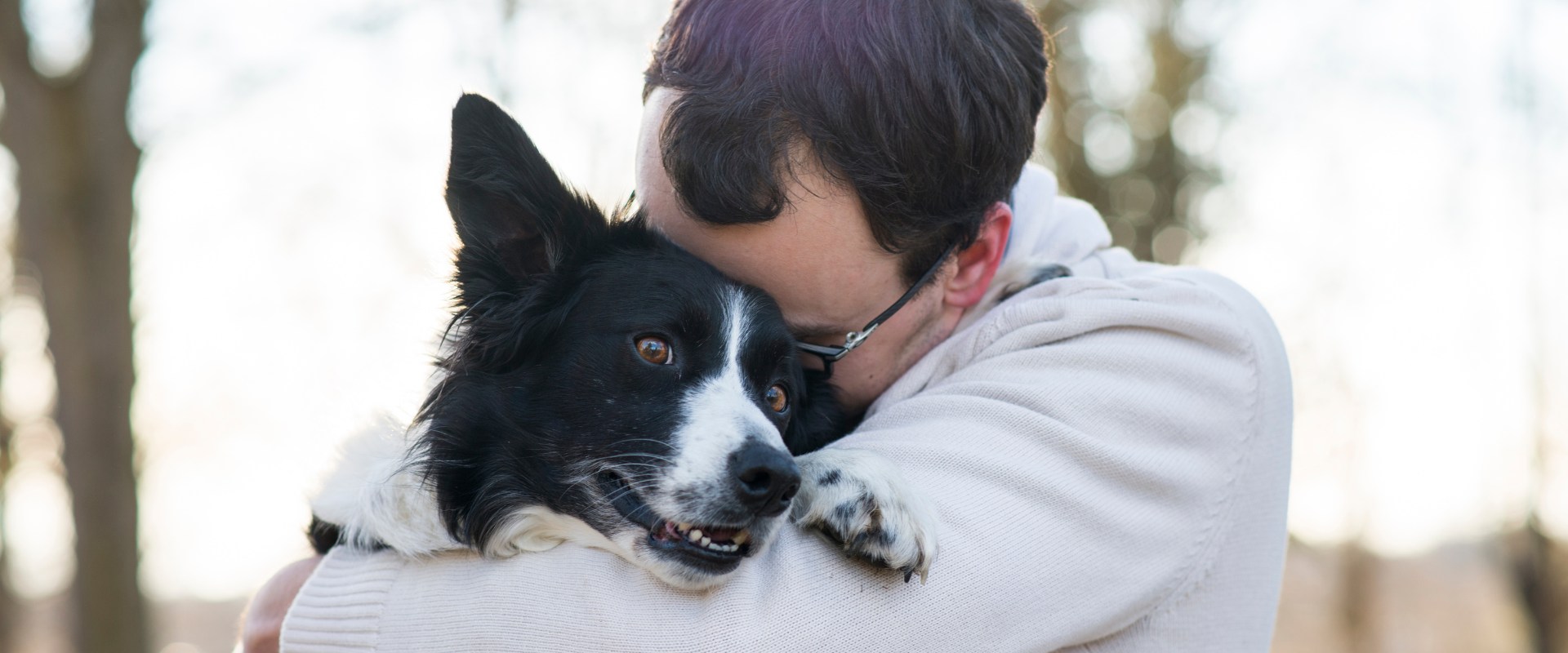Labrador Retrievers are one of the most popular dog breeds in the world, and for good reason. They are intelligent, friendly, and eager to please, making them relatively easy to train. However, like any dog, there are some challenges to training a Labrador Retriever.
Labrador Retrievers are a medium-sized breed of dog that originated in Newfoundland. They are known for their intelligence, friendlyness, and eagerness to please. Labrador Retrievers are popular working dogs, and they are often used as service dogs, guide dogs, and hunting dogs. They are also popular family pets.
Temperament and Personality
Labrador Retrievers are known for their friendly, outgoing, and playful personalities. They are eager to please and have a strong desire to learn, making them relatively easy to train. Their gentle and affectionate nature makes them excellent companions for families, particularly those with children. They are energetic and playful, enjoying activities such as fetch, swimming, and playing with toys. However, they can also be quite calm and adaptable, making them suitable for various living situations.

Trainability - are labrador retrievers easy to train?
Labrador Retrievers are considered to be highly trainable dogs due to their intelligence, eagerness to please, and strong work ethic. They excel in obedience training, agility competitions, and various working dog roles.
Positive reinforcement techniques, such as treats and praise, are highly effective when training Labradors. Consistent training and socialization from an early age are crucial for developing well-behaved and well-adjusted dogs.
History and Origins
The Labrador Retriever’s origins trace back to the rugged coastline of Newfoundland, Canada, where they were bred to assist fishermen in retrieving game from the cold water. Their webbed feet and thick double coats made them well-suited for these tasks. In the 1800s, Labrador Retrievers were introduced to England, where their sporting abilities and gentle nature caught the attention of hunters and dog enthusiasts. As their popularity grew, they were brought to other parts of the world, eventually establishing themselves as one of the most beloved breeds globall

Labrador retriever puppy training
Start Early: Begin training your Labrador Retriever puppy as early as possible. Puppies are like sponges, and they learn quickly during their early months.
Basic Commands: Teach basic commands such as sit, stay, come, and lie down. Use positive reinforcement techniques, such as treats, praise, and toys, to reward good behavior.
Consistency is Key: Be consistent with your commands and rewards. Use the same words for each command, and always reward your puppy for the desired behavior.
Socialization: Expose your Labrador Retriever puppy to different people, environments, and other animals. This helps them become well-adjusted and less likely to develop behavioral issues.
Crate Training: Introduce your puppy to crate training early on. Make the crate a positive and comfortable space. This helps with housebreaking and provides a safe place for your puppy.
Positive Reinforcement: Labrador Retrievers respond well to positive reinforcement. Reward good behavior with treats, praise, or playtime. Avoid using punishment, as it can lead to fear or anxiety.
Leash Training: Teach your puppy to walk on a leash without pulling. Use treats to encourage them to walk beside you. Consistent leash training is essential for a well-behaved dog.
Chew Toy Training: Labradors are known for their love of chewing. Provide appropriate chew toys and redirect them if they start chewing on inappropriate items. This helps with teething and prevents destructive behavior.
Obedience Classes: Consider enrolling your Labrador Retriever in puppy obedience classes. These classes provide structured training environments and opportunities for socialization.
Patience and Positive Attitude: Training takes time, and every puppy learns at its own pace. Be patient, stay calm, and maintain a positive attitude during training sessions.
Exercise and Mental Stimulation: Labradors are an energetic breed, so make sure to provide plenty of exercise and mental stimulation. Regular walks, playtime, and puzzle toys can help keep them happy and engaged.
Teach “Leave It” and “Drop It”: These commands are essential for preventing your Labrador from picking up or chewing on things they shouldn’t. Use positive reinforcement to reward them when they comply.



